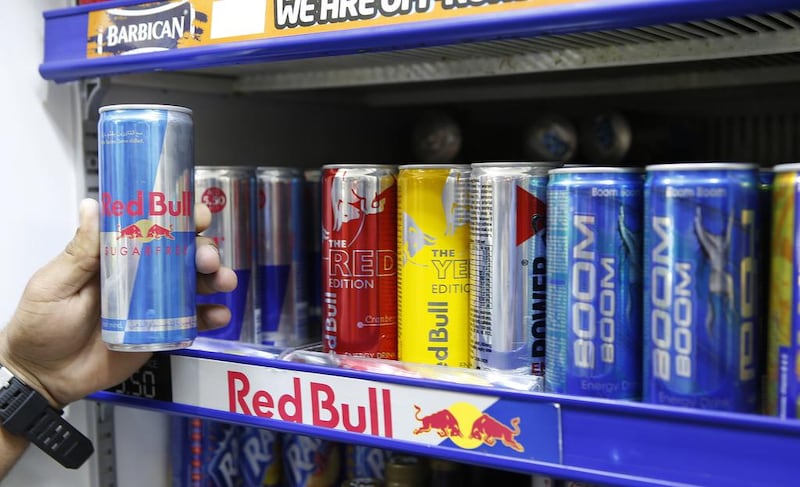The electronic system for registering excise taxpayers in Oman will go live on June 15, in line with the agreement struck between all six nations of the Gulf Cooperation Council and following a royal decree by Sultan Qaboos bin Said in March.
In a statement reported by Oman’s national news agency ONA on Saturday, Sulaiman bin Salim Al Aadi, director-general of survey and tax agreements, said the electronic system is ready to be rolled out from next week. There will then be a 90-day grace period to allow people and companies to register for the tax, which will come into effect once the grace period ends.
“The working group has completed these requirements and is completing the remaining procedures required for automated link with the relevant government agencies to activate the systems in a timely manner according to the target timelines,” Mr Al Aadi said.
The tax – also known as an excise tax, because it is added at the point of manufacture rather than sale – applies to goods that are deemed harmful to public health and the environment. In Oman’s case, it will levy 100 per cent tax on tobacco, pork, alcohol and sugary drinks.
The six-member GCC has pledged to introduce excise and other taxes including VAT, to boost non-oil revenue and reduce the consumption of harmful products that cause diabetes, obesity and other health problems.
In May, Saudi Arabia said it would impose a 100 per cent tax on electronic cigarettes and a 50 per cent levy on some sugary drinks, broadening the excise duty on similar products enforced in June 2017. The kingdom already has a 100 per cent excise duty on cigarettes and other tobacco products, and a 50 per cent tax on energy drinks.
The UAE’s excise tax came into effect in October 2017, when a 50 per cent levy was imposed on soft drinks and a 100 per cent levy on tobacco products and energy drinks. The country is now considering the inclusion of more products on its excise tax list, according to a statement by the Ministry of Finance in April.
Excise duty in Oman could generate an additional 100 million Omani rials (Dh955m) annually, Saleh bin Said Masan, head of the economic and financial committee at
Oman's Shura Council, said in November.







